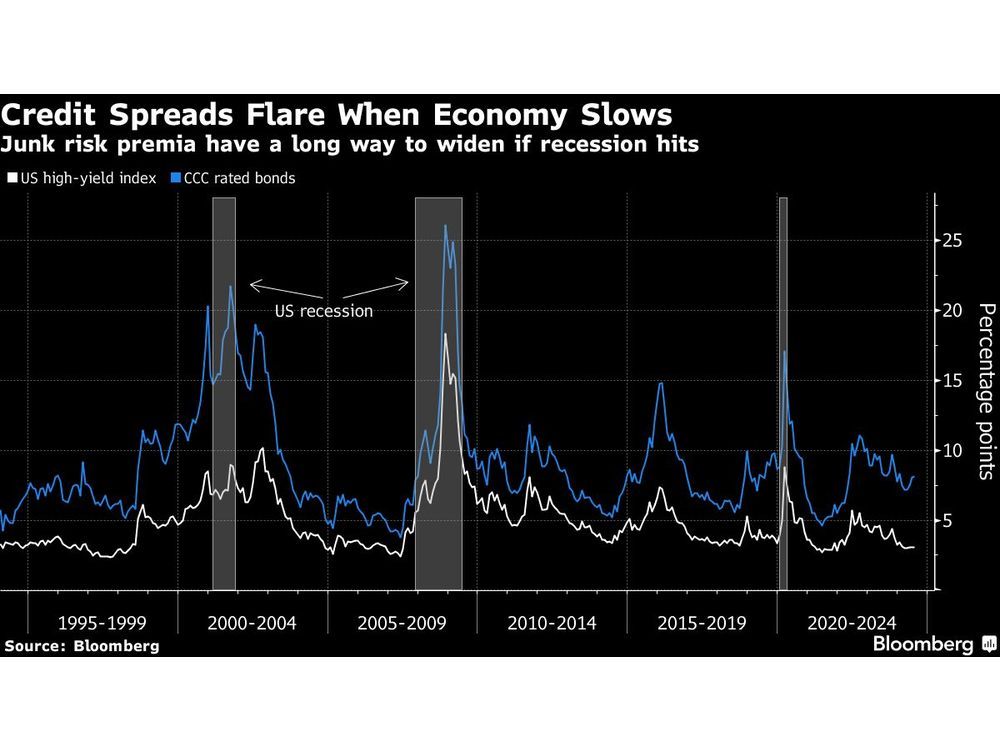Follow us on LinkedIn
If you’re looking for a new credit card or charge card, it’s important to know the difference between the two. Credit cards are more common, but charge cards can have some benefits that regular credit cards don’t. In this blog post, we will discuss the differences between credit cards and charge cards, so you can decide which one is right for you.
Difference between a credit card and a charge card
A credit card is a type of loan that allows you to borrow money from a financial institution and make purchases with that money. You will be required to make monthly payments on your credit card balance, and the interest rate will be determined by your credit score. A charge card is a type of credit card that requires you to pay off your entire balance each month. There is no interest charged on a charge card, but there may be an annual fee. Charge cards can also have higher credit limits than regular credit cards.
Similarities between a credit card and a charge card
Both credit cards and charge cards can be used to make purchases anywhere that accepts credit cards. Both types of cards will also have a credit limit, which is the maximum amount you are allowed to spend in a day or month. You will also be required to provide your name, address, and date of birth when you apply for either type of card.
Pros and cons of a credit card
A credit card can be a great way to build your credit score and make purchases without having to pay for them immediately. However, you will need to be careful not to spend more than you can afford to pay back, as the interest charges can add up quickly.
Pros and cons of a charge card
A charge card can be a great option if you are disciplined with your spending and can pay off your balance in full each month. However, if you carry a balance on your charge card, you may be charged a late fee. Additionally, charge cards typically have higher credit limits than regular credit cards, so it’s important to use them responsibly.
So, which is right for you?
The best way to decide if a credit card or charge card is right for you is to consider your spending habits and financial goals. If you are disciplined with your spending and can pay off your balance in full each month, a charge card may be a good option for you. However, if you are looking to build your credit score or want the flexibility of carrying a balance, a credit card may be a better choice. Whichever you choose, be sure to use your card responsibly and make payments on time to avoid interest charges or late fees.
What are some of the benefits of using a charge card?
Some benefits of using a charge card include no interest charges, the potential for higher credit limits, and the ability to help build your credit score. Charge cards can also be a great option if you are disciplined with your spending and can pay off your balance in full each month. However, it’s important to be aware of the potential for late fees if you carry a balance on your charge card. Additionally, charge cards typically have higher credit limits than regular credit cards, so it’s important to use them responsibly. Whichever you choose, be sure to use your card responsibly and make payments on time to avoid interest charges or late fees.
What are some of the benefits of using a credit card?
Some benefits of using a credit card include the ability to make purchases without having to pay for them immediately, the potential to build your credit score, and the ability to carry a balance. However, it’s important to be aware of the potential for interest charges if you don’t pay off your balance in full each month. Additionally, credit cards typically have lower credit limits than charge cards, so it’s important to use them responsibly. Whichever you choose, be sure to use your card responsibly and make payments on time to avoid interest charges or late fees.
Conclusion
In conclusion, the best way to decide if a credit card or charge card is right for you is to consider your spending habits and financial goals. If you are disciplined with your spending and can pay off your balance in full each month, a charge card may be a good option for you. However, if you are looking to build your credit score or want the flexibility of carrying a balance, a credit card may be a better choice. Whichever you choose, be sure to use your card responsibly and make payments on time to avoid interest charges or late fees.
Further questions
What's your question? Ask it in the discussion forum
Have an answer to the questions below? Post it here or in the forum
Meta rolled back January 6-era restrictions on former President Donald Trump's social media accounts ahead of the Republican National Convention.



June saw 75 filings, up from 62 in May and above the pandemic-era peak of 74 in July 2020, according to S&P Global Market Intelligence.

Credit markets are breathing a sigh of relief after inflation data showed price pressures are cooling broadly, but a weakening economy poses fresh risks to corporate debt.